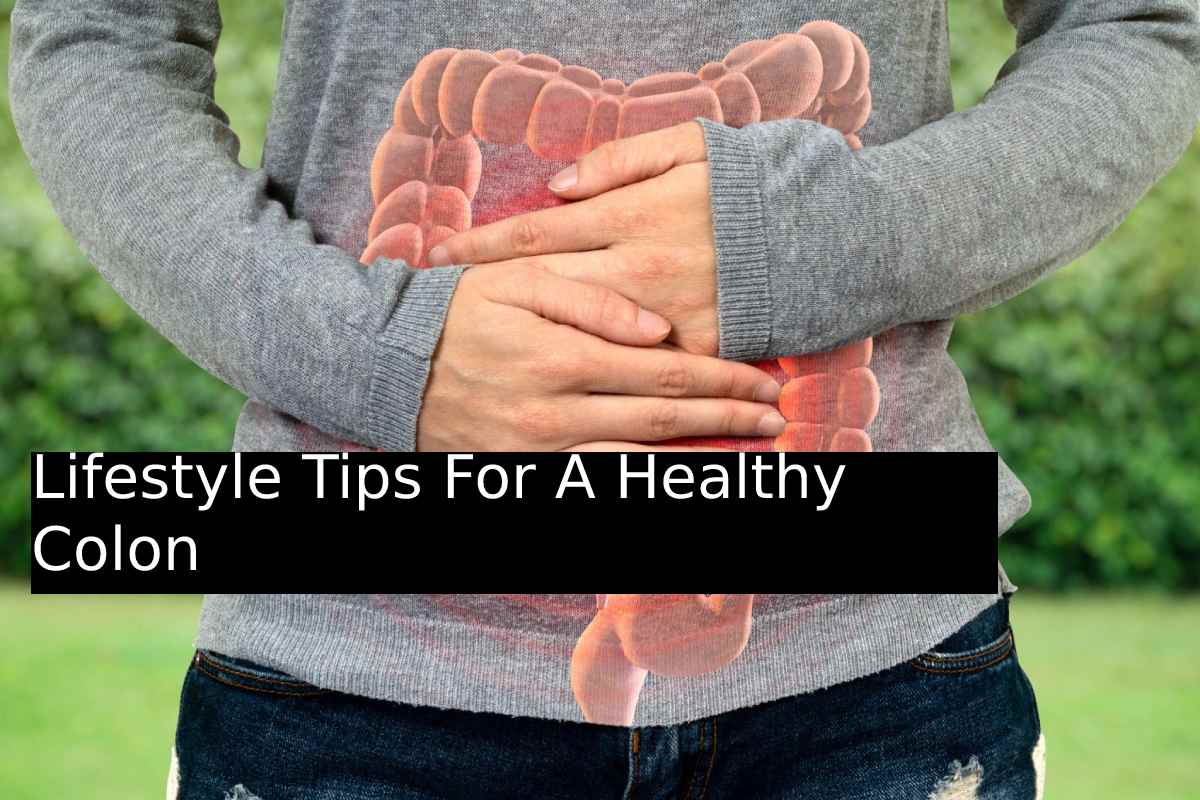Healthy Colon – With a length of about seven meters, our intestine is an extremely remarkable organ. The small and large intestines have many other functions, including digesting chyme, fighting off pathogens, and producing hormones. The largest amounts of serotonin (the “happiness hormone”) are formed in the intestine. It is all the more important to ensure a well-functioning, healthy intestine.
As the center of our body, it works independently without the control of the brain and regulates itself. However, in the event of disorders or illnesses, it needs additional help: We have tips for better intestinal health!
The Gut Is The Halfway point Of Our Health – For A Healthy Colon
A healthy gut is essential for our survival. It reliably repels bacteria, viruses, fungi and environmental toxins and ensures that diseases, inflammation and gastrointestinal problems don’t stand a chance. After all, 80% of our immune system is in the gut.
Only when our intestines are healthy can we absorb and digest food effectively. Our gut determines whether we are allergic to wheat or have a bloated stomach from lactose.
Real Food For The Gut
What does “real” food mean? By real food we mean unprocessed food, so-called “real food”. Our gut loves foods that don’t have a list of ingredients. These primarily include vegetables, fruit, legumes, nuts, seeds, herbs and, in moderate amounts, fish and meat. Of course, there are also processed and still healthy foods such as whole grain products, yoghurt or cheese. Oils, teas, and (even in moderate amounts) coffee are also well-processed foods. And how do you eat properly? Yes, you have to cook it! This is also the 2nd gut feel-good tip:
Less Meat! For A Healthy Colon
Meat should be something special for us, just like the Sunday roast used to be. Top-quality meat once a week – that’s enough. Also – less sugar and less flour. Soft drinks or smoothies are a luxury, not part of the daily diet.
Recovery For The Intestines
In addition to the right foods, it is important for our intestines that we also give them breaks. This means phases in which he has nothing to do – i.e. meal breaks. Try to keep at least 3-4 hours between meals and avoid the popular “continuous snacking”. Our intestine uses these breaks as cleaning and repair phases in order to regenerate and then function properly again.
Recovery for the gut also means paying attention to the pace of eating. Eating slowly stimulates gastric juice and digestive enzymes in time. If the food has already been chewed well and salivated in the mouth, the stomach is relieved as an intermediate store. By salivating the chyme, the volume of food increases, the stomach expands and the feeling of satiety lasts longer. The small intestine can then slowly and continuously break down the small portions of porridge. Your intestines are very happy about a stress-free “workday”.
Regular Fasting For Better Gut Health
“Fasting is the food of the soul,” says a well-known proverb! Regular fasting units help your body to eliminate toxins and bacteria. In addition, fasting cures or detoxification cures are suitable as an introduction to a long-term change in diet and support weight loss. Caution: Only healthy and resilient people should dare fasting! For more than seven days, a doctor should be consulted.
Take Prebiotics/Eat Prebiotic Foods For A Healthy Colon
Probiotics are the food for the good intestinal bacteria and ensure that they feel good and can multiply. Prebiotic foods are primarily fibers such as resistant starch, inulin or oligofructose. These are also originate in numerous foods:
oatmeal
boiled cold potatoes
legumes
garlic
onions
As you can see, here are a lot of belongings you can do for your gut through daily diet. Try to implement as many tips as likely and observe whether your well-being improves. Dealing well with stress and mindfulness also contribute to a healthy gut. Although the topic of intestinal health is gaining more and more interest and awareness, it has not yet reached enough doctors with the necessary explosiveness. Self-initiative can therefore make sense here.

